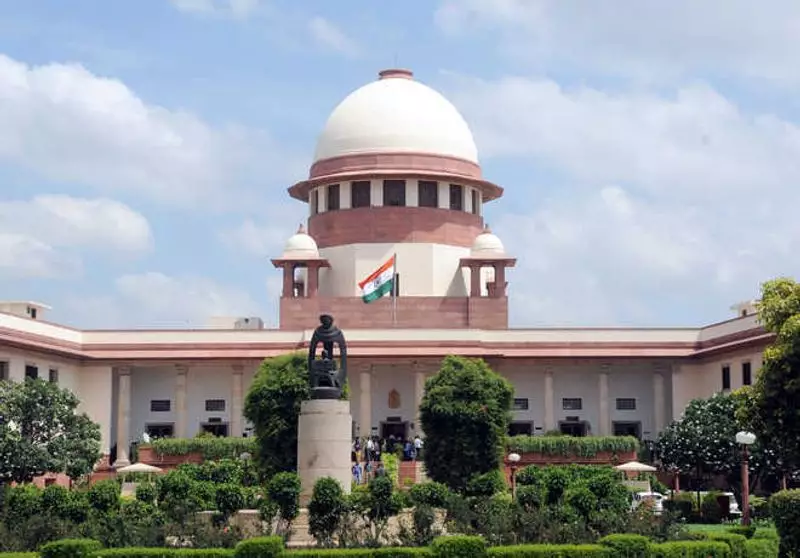
The Supreme Court of India has taken decisive action to protect children's health in the national capital region, directing the Commission for Air Quality Management (CAQM) to immediately issue instructions prohibiting outdoor activities in schools across Delhi-NCR. This significant intervention comes as the region grapples with dangerously poor air quality levels that pose serious health risks to young students.
Judicial Intervention for Public Health
During a hearing on November 21, a Supreme Court bench comprising Justice Sanjay Kishan Kaul and Justice Sudhanshu Dhulia expressed grave concern about the deteriorating air quality situation. The court specifically instructed the CAQM to issue necessary directions to stop outdoor activities in schools throughout Delhi and the surrounding National Capital Region. This directive aims to minimize children's exposure to toxic air pollutants that have reached hazardous levels in recent weeks.
The judicial intervention came during proceedings where the court was reviewing various measures being implemented to combat the severe air pollution crisis. The bench emphasized the urgent need to protect vulnerable groups, particularly children, from the harmful effects of polluted air. The court's order represents a proactive approach to safeguarding public health amid what has become an annual environmental emergency for the Delhi-NCR region.
Comprehensive Air Quality Management
The Commission for Air Quality Management, which received the Supreme Court's directive, is the statutory body responsible for coordinating air pollution control measures across Delhi-NCR and adjoining areas. The CAQM has been actively implementing the Graduated Response Action Plan (GRAP) as air quality conditions deteriorate each winter. The current situation has prompted the commission to enforce stricter measures under Stage III of GRAP, which includes restrictions on certain types of vehicles and construction activities.
Environmental experts have noted that the prohibition of outdoor school activities is a necessary step given the particularly vulnerable nature of children's respiratory systems. Medical studies consistently show that children exposed to high levels of air pollution face increased risks of asthma, reduced lung development, and other serious health complications. The Supreme Court's directive acknowledges these health concerns and prioritizes children's wellbeing during pollution peaks.
Broader Implications and Public Response
The court's order has significant implications for educational institutions across the region, affecting thousands of schools and millions of students. School administrators are now required to suspend all outdoor activities, including sports, physical education classes, and playground time, until air quality improves substantially. Many schools have already begun implementing alternative indoor activities to ensure students remain active while protected from pollution exposure.
Parents and educational authorities have largely welcomed the decision, recognizing the serious health threats posed by the current air quality crisis. However, some have raised concerns about the long-term solution to Delhi's perennial pollution problem, urging authorities to address the root causes rather than implementing temporary protective measures each year. The Supreme Court has consistently emphasized the need for sustainable solutions to what has become a recurring annual crisis affecting millions of residents.
As Delhi-NCR continues to battle severe air pollution, the Supreme Court's intervention highlights the ongoing challenges in managing environmental health risks in one of the world's most polluted urban areas. The directive to protect school children represents the court's commitment to prioritizing public health while pushing for more comprehensive and permanent solutions to the region's air quality problems.





